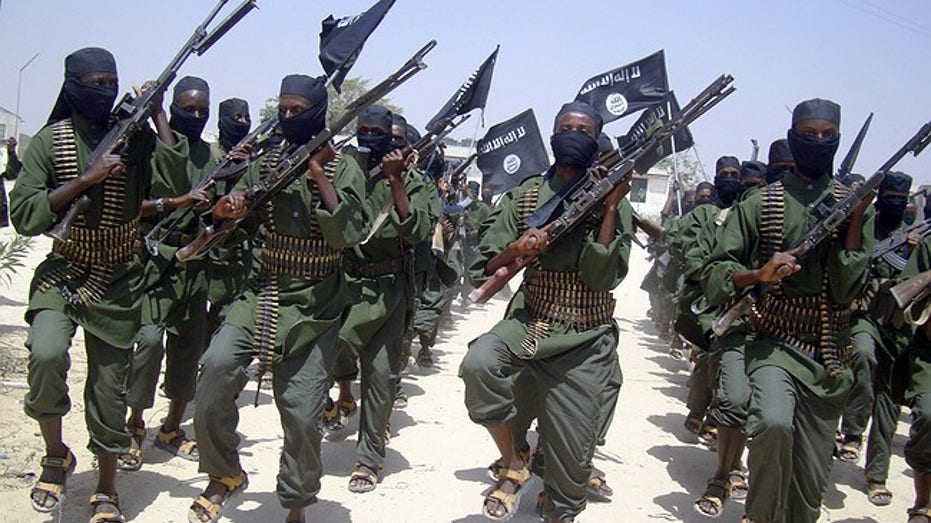Trump’s Bold Travel Ban on 10 African Nations Targets Terror Threats After Boulder Attack

Sarah Johnson
June 8, 2025
Brief
Trump imposes travel ban on 10 African nations citing security threats after Boulder terror attack, sparking debate over safety and policy.
President Donald Trump has rolled out a sweeping travel ban targeting 10 African nations, a move that’s being hailed by some as a critical step toward bolstering U.S. security both at home and abroad. This decision comes on the heels of a tragic terror attack in Boulder, Colorado, last weekend, where an Egyptian man, allegedly in the country illegally, targeted a pro-Israel group advocating for the release of Israeli hostages held by Hamas.
In a bold statement on social media, Trump declared this ban—often dubbed the 'Trump travel ban'—as a necessary shield against what he calls 'radical Islamic terrorists.' The White House further emphasized this as a national security priority, with a fact sheet stating, 'We must protect the United States from foreign terrorists and other threats to public safety.' State Department spokesperson Tommy Pigott echoed this urgency, calling it a 'national security imperative.'
Why These Countries?
Analysts point to a mix of domestic and international reasons behind the selection of these African nations. Bill Roggio, a senior fellow at the Foundation for Defense of Democracies, noted that many of these countries are either mired in extreme instability—making them terrorist havens—or have strained, if not hostile, relations with the U.S. Take Somalia, for instance, described by the White House as a 'terrorist safe haven,' where groups like ISIS and Al-Shabaab operate with impunity. The U.S. Africa Command has even launched five airstrikes against these groups in just the past 12 days.
Libya, too, is flagged for its historical ties to terrorism and lack of a reliable central authority, making it nearly impossible for U.S. border officials to vet incoming nationals. Then there’s Eritrea, criticized for human rights abuses and a staggering visa overstay rate of up to 55%, alongside a refusal to accept back deported citizens. Chad, meanwhile, has deepened ties with Russia, recently expelling U.S. military forces and boasting a similar overstay rate of 55%. In response to the ban, Chad’s President Idriss Deby retaliated by suspending visas for U.S. citizens, citing reciprocity.
A Broader Pattern of Concern
Other nations on the list, like Sudan, Togo, and Burundi, face issues ranging from civil war and extreme poverty to governance marred by corruption and political repression. Visa overstay rates in these countries range from 17% to as high as 70%, raising red flags about enforcement and vetting processes. The White House argues that many of these nations fail to cooperate on repatriation or provide reliable documentation, amplifying risks to U.S. security.
Critics, however, are already sounding alarms, accusing Trump of reviving a divisive 'Muslim ban' through what some call a 'disgusting' travel order. Yet, as tensions simmer both domestically and internationally, this policy underscores a stark reality: the balance between security and openness remains a tightrope walk in an increasingly volatile world.
Topics
Editor's Comments
Well, folks, Trump’s travel ban is like building a wall in the sky—only this time, it’s keeping out more than just frequent flyers. Chad’s President Deby slamming the door on U.S. visas in return? That’s the kind of reciprocity you’d expect at a bad dinner party. And with Somalia labeled a 'terrorist safe haven,' it’s clear the White House isn’t rolling out the welcome mat. But here’s the kicker: with overstay rates hitting 70% in some spots, are we banning travelers or just playing catch-and-release with paperwork? Let’s hope this policy doesn’t overstay its welcome.
Like this article? Share it with your friends!
If you find this article interesting, feel free to share it with your friends!
Thank you for your support! Sharing is the greatest encouragement for us.



